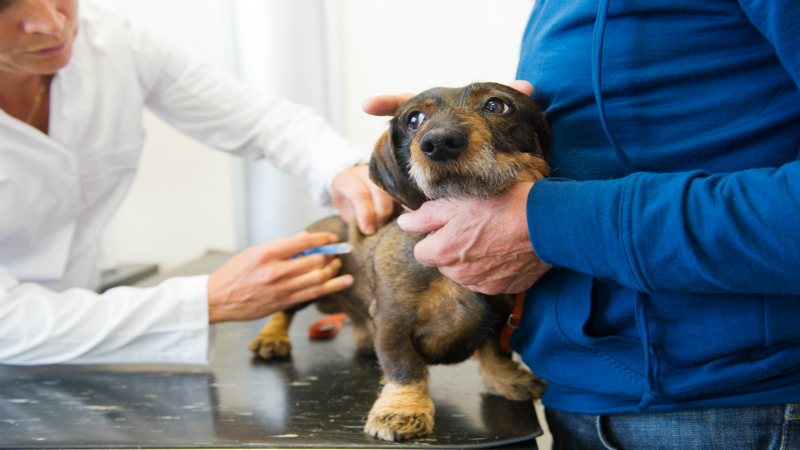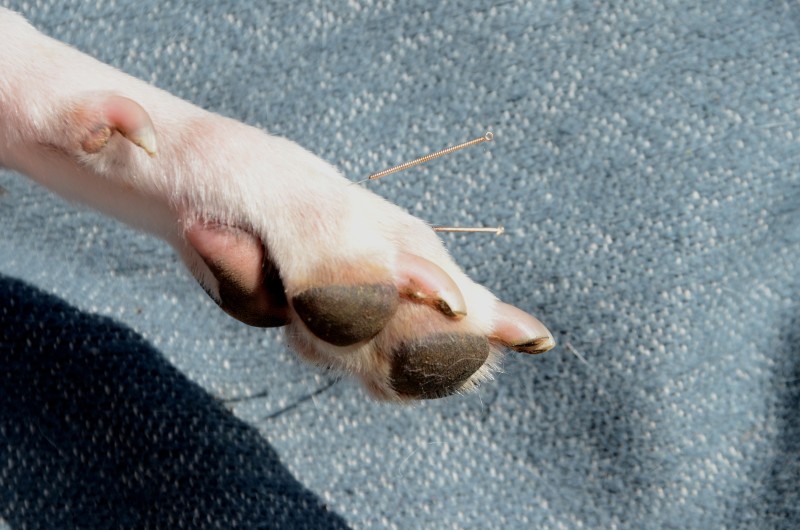Every pet owner must take seriously the dangers of tick bites. The spread of worrisome diseases like Lyme disease and the increase in tick population are real concerns. Not every bite means a dog will become sick, but tick removal from the pet is a priority and a visit to the vet afterward is a good idea. Here are what pet owners should know.
Spread of Pathogens
Ticks can spread pathogens to their hosts in as soon as three hours after they connect to the animal. A quick removal of the tick reduces the risk to the pet. Unfortunately, it is not always easy to know how long the tick was on the animal. So, do not dismiss the need to contact a Veterinary in Fairfax Station VA because it seemed like it just attached to the pet.
Removal of Tick
Have someone help to hold the pet still for an easier experience. Grasp the tick as close to the skin as possible with a pair of fine-point tweezers. Pull upward in a straight line using a steady motion. Do not try to jerk the tick out quickly but pull slowly to ensure the entire tick comes out of the skin. Cleanse the bite spot with a disinfectant like rubbing alcohol and wash hands and tweezers thoroughly. Consider the purchase of an inexpensive tick removal tool to make the removal easier.
Examination of Pet
Most pets will not need a visit to the Veterinary in Fairfax Station VA, but all pet owners should contact the office. Take a digital photo of the tick in case the veterinarian wishes to view it. Consider a flea and tick preventative to avoid any more concerns. Another option is a Lyme disease vaccination that can prevent infection. Discuss the option with the vet, but know that not all dogs need the vaccine or should have it.
Pets that show any unusual signs after a tick bite should be examined. The warning signs include symptoms like lameness, fatigue and a lack of appetite. Animal care facilities like Business Name can perform a test to check for Lyme disease and examine the animal to look for any other explanation of their illness. You can also connect them on Facebook.

